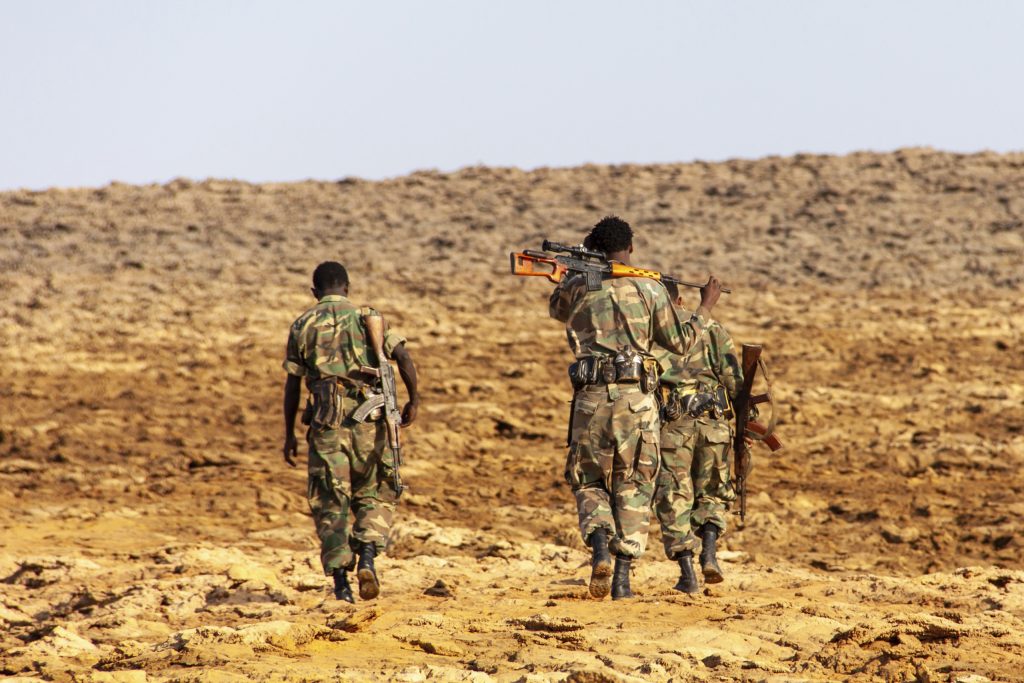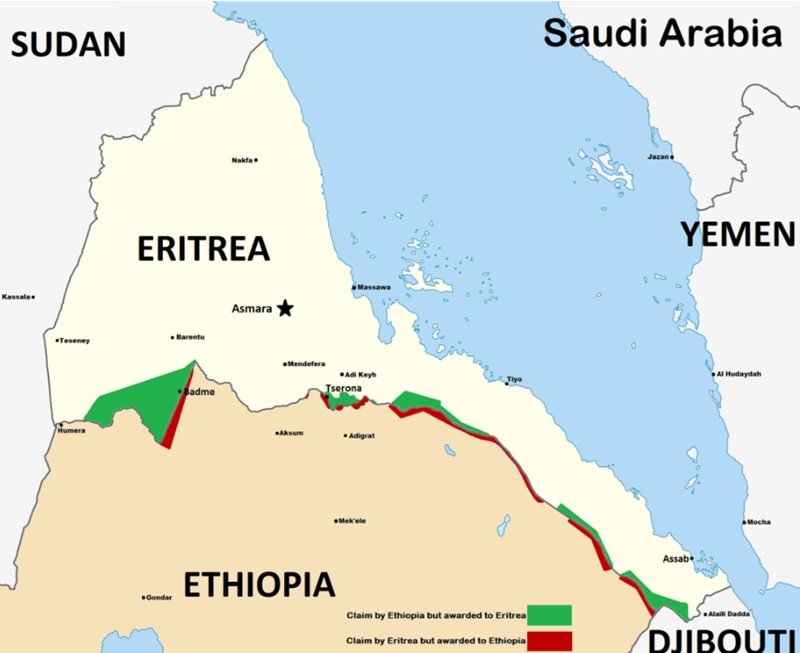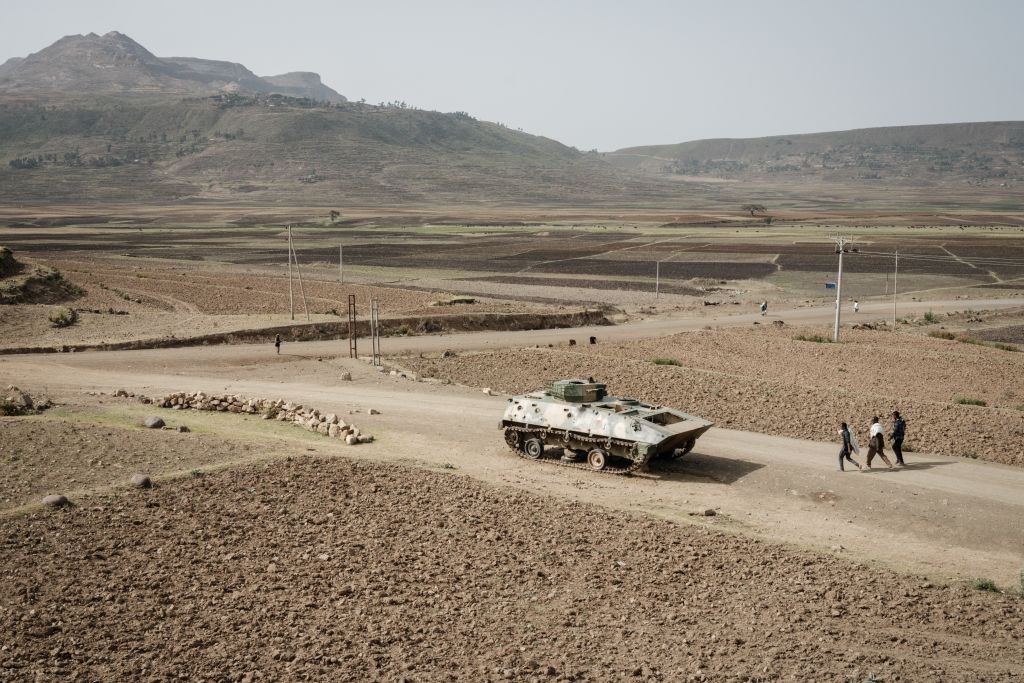
Ethiopia and Eritrea Threaten War as Border Tensions Rise
Increased tensions in the Horn of Africa have positioned Ethiopia and Eritrea on a collision path. Military deployments, heated rhetoric, and shifting alliances are raising concerns of renewed conflicts between two nations with a long history of strife.
Both sides are escalating their military postures.
Recently, Ethiopia and Eritrea have threatened war, which has become more than just a headline. Troops are massing around the shared border, and both governments look determined to demonstrate military strength. Eritrea strengthened its northern border earlier this year, while Ethiopia began sending troops to the region in March. Analysts warn that the level of mobilisation is one of the most dangerous escalations since the end of the 1998–2000 border war.

Dispute over Red Sea Access
One of the key flashpoints is Ethiopia’s geopolitical aim to get direct access to the Red Sea. Prime Minister Abiy Ahmed has claimed that sea access is critical to Ethiopia’s economic future. Eritrean President Isaias Afwerki, meanwhile, regards the approach as harsh and undesirable. In July, he referred to the proposal as “the plan of a wild person,” highlighting Ethiopia’s and Eritrea’s threats of war over this subject.
Changing Alliances and Tigray’s Role
Political realignments in the Tigray region aggravate the problem even further. Following years of brutal conflict between Tigrayan forces and Eritrea, reports indicate that parts of the Tigray People’s Liberation Front (TPLF) have formed an alliance with Asmara against Ethiopia’s federal government. This developing coalition has heightened tensions, as Ethiopia and Eritrea threaten war, with the added complexity of a volatile Tigrayan political scene.
Pretoria Agreement Under Pressure
The 2022 Pretoria Agreement brought the Tigray conflict to a halt, but disarmament and reconciliation efforts have faltered. Ethiopian National Defence Force chief Berhanu Jula recently accused the TPLF of refusing to comply with the agreement, stating that they had discovered buried heavy weapons. This lack of progress has led many to believe that Ethiopia and Eritrea are threatening war not only along the border but also in contested territories like Wolkait and Raya Alamata.
Territorial disputes in Amhara and Tigray.
Amhara soldiers, who had collaborated with the Ethiopian federal government throughout the Tigray conflict, seized control of these disputed districts. Tigrayan militants are reportedly heading into border districts, creating the prospect of a new front in the crisis. Federal forces have also positioned heavy equipment near Eritrea, reinforcing the notion that Ethiopia and Eritrea are threatening war on numerous fronts.

Analysts Urge Caution.
While some experts feel that large-scale war is improbable, the risks remain significant. Liam Karr of the Institute for the Study of War believes that low-intensity proxy warfare is more likely because neither side wants to face the political costs of a full-fledged war.
However, history teaches that miscalculation or foreign involvement can swiftly escalate difficult circumstances into widespread bloodshed. As Ethiopia and Eritrea threaten war, similarities to Sudan’s ongoing civil conflict, which has engulfed regional and Gulf powers, serve as sharp warnings.
The Costs of Miscalculation
Political expert Constantinos Berhutesfa has warned that any outbreak of hostilities will be extremely difficult to suppress. He stated, “A single mistake can escalate this tension to war.” Both nations, already scarred by past hostilities, must choose between negotiation and another destructive chapter.
With Ethiopia and Eritrea threatening war and dominating regional headlines, the international community is waiting for signs of deescalation or a march towards confrontation.









